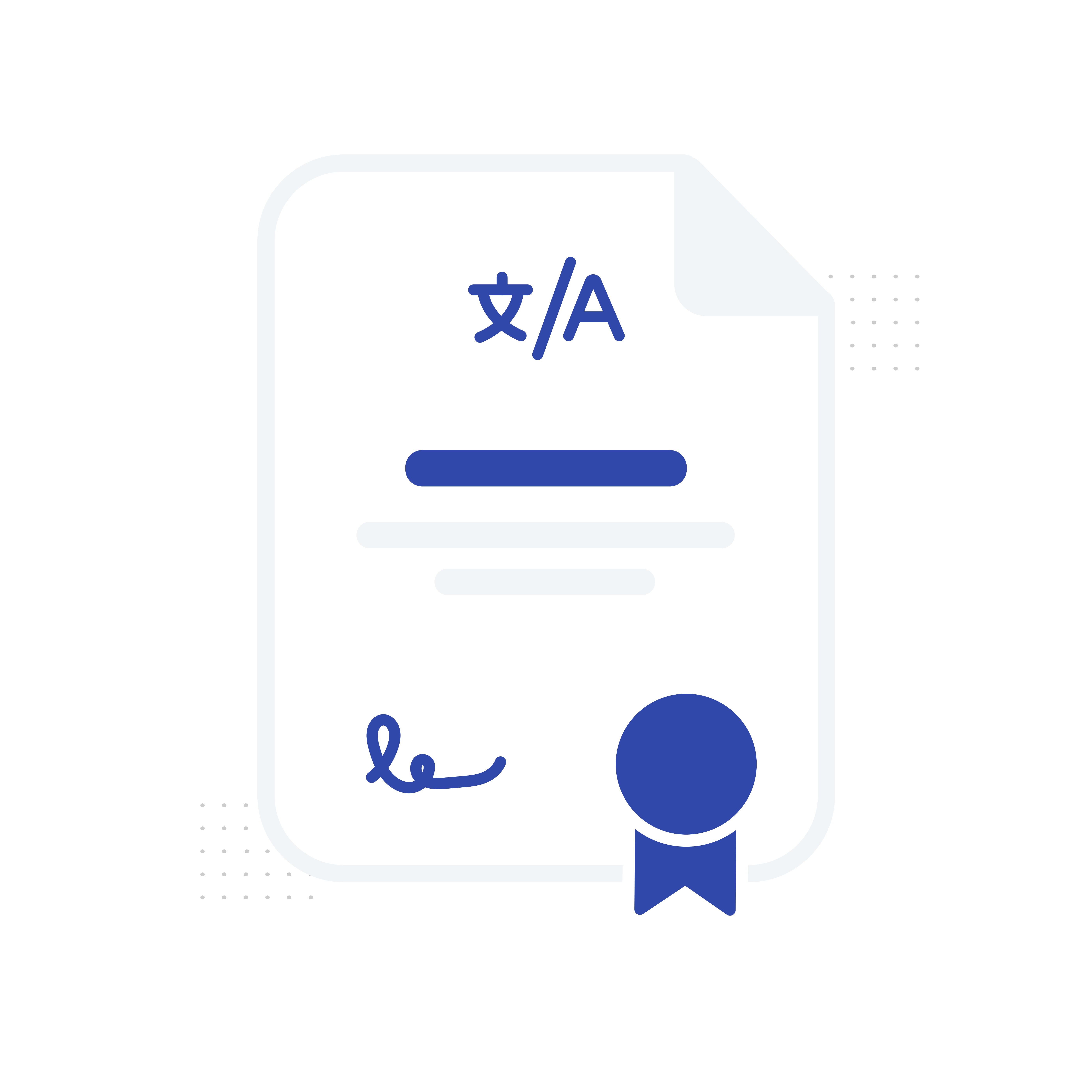Introduction
For many years, India has been a significant contributor to work visa holders in the United States. Given the intricate landscape of US immigration, accurate academic evaluations play a pivotal role, particularly for individuals with Indian diplomas. MotaWord’s experienced experts in academic evaluations can simplify and expedite the evaluation of Indian degrees. In this article we unravel the complexities involved and underscore the indispensable role of legal professionals in steering through the intricacies.
Understanding Indian Degrees
India is home to approximately 330 recognized universities, including central universities, state universities, deemed universities, and Institutions of National Importance.
To delve into this complex system, it is crucial to grasp key aspects of accreditation standards for higher education in India. The country's higher education is meticulously regulated by various organizations, with the National Assessment and Accreditation Council (NAAC) and the All India Council for Technical Education (AICTE) being the primary accrediting bodies.
Under the oversight of the University Grants Commission (UGC), NAAC is responsible for coordinating, determining, and maintaining the standards of university education. Simultaneously, the UGC oversees recognized universities across India. On the other hand, AICTE assumes the role of regulating and overseeing technical education in the country. Validating the credibility of educational credentials involves ensuring that university education is from a UGC-recognized institution and technical education is from an AICTE-accredited institution. A list of known fake universities can be found here.
It's essential to note that India features two distinct types of diplomas for higher education: Provisional Diplomas or Certificates and Convocation Diplomas. The Provisional Diploma is granted for passing the final exams. Convocation Diplomas, on the other hand, are conferred during convocation ceremonies organized by universities. Both Provisional and Convocation Diplomas can be used in academic valuations.

USCIS Requirements for Indian Degrees
Because USCIS prioritizes recognition by relevant Indian educational authorities, accreditation and recognition from organizations like the University Grants Commission (UGC) or All India Council for Technical Education (AICTE) is a crucial factor in elevating the credibility of Indian institutions. This recognition and accreditation play a pivotal role in establishing the legitimacy and quality of academic qualifications, especially within the immigration context.

Required Documents for Indian Degree Assessment
DOWNLOAD NOWNavigating these specific USCIS requirements for Indian academic credentials is essential in the immigration process. Immigration lawyers are instrumental in maneuvering through these intricacies, ensuring that all required documentation aligns with USCIS standards. Collaborating with MotaWord, a recognized academic services provider, further enhances the precision and credibility of the evaluation process. Meeting these requirements empowers individuals with Indian diplomas to strengthen their immigration applications, facilitating a smooth journey toward realizing their aspirations in the United States.
Role of Immigration Lawyers in Academic Evaluations
Immigration attorneys handling Indian academic credentials evaluations must consider several important factors to ensure a seamless and precise procedure.
- Recognition of Indian Higher Education Institutions: Attorneys should verify that the Indian educational institutions from which their clients obtained credentials are recognized by relevant Indian authorities, like the University Grants Commission (UGC) or the All India Council for Technical Education (AICTE).
- Understanding the Indian Academic System: Given the distinctive features of the Indian higher education system, legal professionals must interpret and elucidate the framework of Indian degrees, considering relevant processes and frameworks and how they conform to the expectations set by the USCIS.
- Reviewing and Preparing Documentation: Immigration lawyers meticulously scrutinize Indian diplomas and [transcripts](https://www.motaword.com/blog/the-essential-guide-to-transcript-translation-services) to ensure the accurate presentation of essential details such as degree specialization, study duration, and institutional recognition. Required documents include:
- Convocation or Provisional Diploma
- Transcripts
- Certified translations for non-English language documents
- Comprehensive Academic Evaluation
- Collaborating with Evaluation Services: Lawyers frequently collaborate with reputable academic evaluation services possessing expertise in evaluating international credentials. MotaWord can deliver [precise translations](https://www.motaword.com/blog/certified-translations-for-uscis-everything-you-need-to-know) and assessments of Indian degrees, aligning them with U.S. educational standards and meeting USCIS requirements.
- Offering Clear Explanations: Immigration lawyers assume a pivotal role in conveying the significance of Indian academic credentials to USCIS. They provide lucid explanations in the application materials, addressing specific USCIS concerns and ensuring that the presented qualifications adhere to U.S. equivalency standards.
Academic Evaluation Services?
How to Evaluate Indian Degrees in the US
Key factors to consider are the entry requirements and the duration of study. All Bachelor’s degrees in India require the completion of HS for entry, so the duration of the program determines the US equivalency. A four-year Bachelor’s program would be equivalent to a US Bachelor’s while three- and two-year Bachelor programs would only be equivalent to a US Associate’s degree.
Notice that the duration of the program is distinct from how long it took the candidate to complete the program. Often, Indian students will complete a four-year Bachelor's degree in three years' time due to prior completion of a Diploma program which allows them "Lateral Entry'' (typically noted on transcripts), which means the student skips the first year of studies.
Indian Master's degrees are typically two years long and the same factors apply: duration of the program and entry requirements. A Master's degree that requires a three-year bachelor's degree program for entry would result in only five years of total studies (three-year Bachelor's plus a two-year Master's) and would be equivalent to a US Bachelor's. An Indian Master's degree that requires the completion of a four-year degree for entry would would be considered equivalent to a Master's degree in the US.
Conclusion
The stringent regulations governing higher education in India emphasize the need for a discerning eye when evaluating academic credentials. Recognition from esteemed Indian educational authorities, such as the University Grants Commission (UGC) and the All India Council for Technical Education (AICTE), not only adds credibility but also serves as a key determinant in establishing the authenticity and quality of Indian Degrees. MotaWord’s expertise can help attorneys navigate through these intricacies, ensuring that all documentation aligns meticulously with USCIS standards.
/f/84976/2006x2006/d70d12962a/uscis-essentials_-assessing-indian-degrees-for-lawyers-hero.png)




